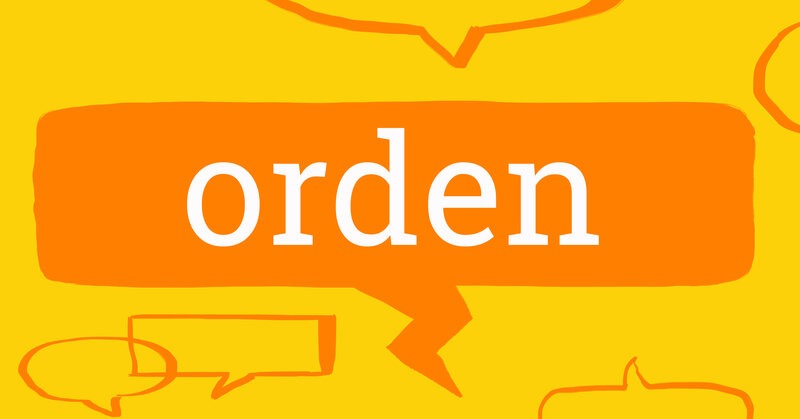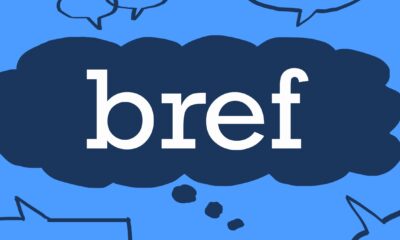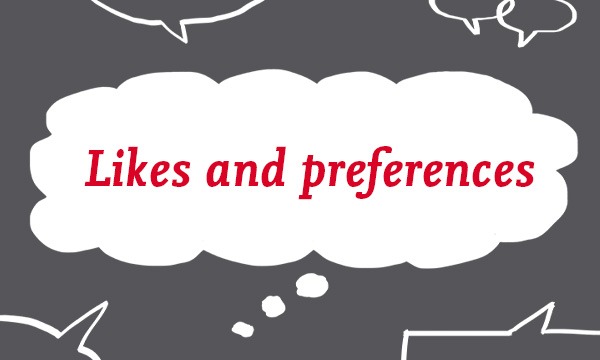Rain, rain, go away! Come again another day! British weather, eh! Who would have it? March this year, though rainy and dismal, was not in fact the rainiest March on record. That happened in 1947. But now that spring is springing upon us fast, it’s been a delight to delve,…
Read More









collins_dictionary_official
The home of living language. #wotd #wordlovers #collinsdictionary
Read our word of the week definitions and blog posts: